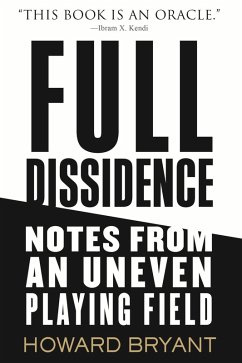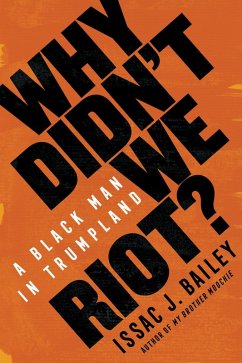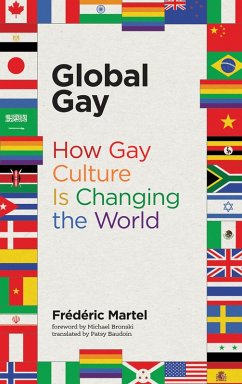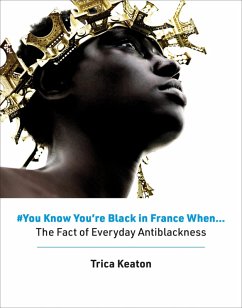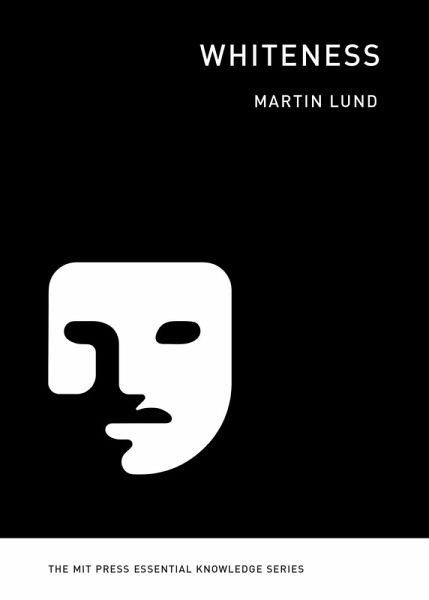
Whiteness (eBook, ePUB)

PAYBACK Punkte
5 °P sammeln!
The socially constructed phenomenon of whiteness: how it was created, how it changes, and how it protects and privileges people who are perceived as white. This volume in the MIT Press Essential Knowledge series examines the socially constructed phenomenon of whiteness, tracing its creation, its changing formation, and its power to privilege and protect people who are perceived as white. Whiteness, author Martin Lund explains, is not one single idea but a shifting, overarching category, a flexible cluster of historically, culturally, and geographically contingent ideals and standards that enab...
The socially constructed phenomenon of whiteness: how it was created, how it changes, and how it protects and privileges people who are perceived as white. This volume in the MIT Press Essential Knowledge series examines the socially constructed phenomenon of whiteness, tracing its creation, its changing formation, and its power to privilege and protect people who are perceived as white. Whiteness, author Martin Lund explains, is not one single idea but a shifting, overarching category, a flexible cluster of historically, culturally, and geographically contingent ideals and standards that enable systems of hierarchical classification. Lund discusses words used to talk about whiteness, from white privilege to white fragility; the intersections of whiteness with race, class, and gender; whiteness in popular culture; and such ideas as "colorblindness" and "reverse racism," which, he argues, actually uphold whiteness. Lund shows why it is important to keep talking and thinking about whiteness. The word "whiteness," he writes, doesn't describe; it conjures something into being. Drawing on decades of critical whiteness studies and citing a range of examples (primarily from the United States and Sweden), Lund argues that whiteness is continually manufactured and sustained through language, laws, policies, science, and representations in media and popular culture. It is often positioned as normative, even universal. And despite its innocuous-seeming manifestations in sitcoms and superheroes, whiteness is always in the service of racial domination.
Dieser Download kann aus rechtlichen Gründen nur mit Rechnungsadresse in A, B, BG, CY, CZ, D, DK, EW, E, FIN, F, GR, HR, H, IRL, I, LT, L, LR, M, NL, PL, P, R, S, SLO, SK ausgeliefert werden.





